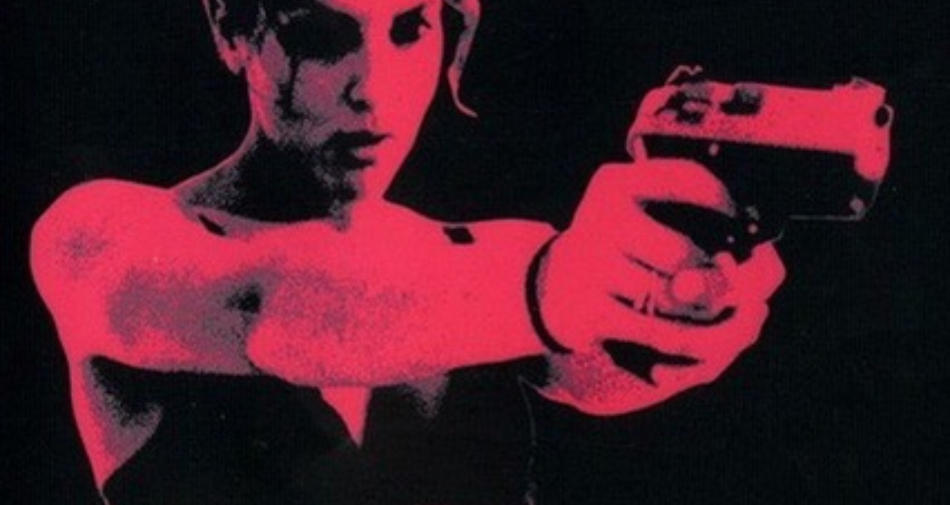Illegal_cinema
SESSION 80, ILLEGAL_CINEMA
by
Baise-moi (Virginie Despentes & Coralie Trinh Thi, 2000). Screening proposed by Irantzu Varela, followed by discussion.
Baise-moi was scandalously received when it first came out in 2000. This reaction is easy to understand when you see the film and would be even more extreme today. Too many of our social taboos are gathered in it. Violence, sex, marginality and rape are common in much of film history; but in this one, the women are subjects of violence rather than the victims. And this, for our hetero-patriarchal societies, is impossible to consume as a cultural product without shocking, as that would mean having to naturalize it. And that would be the beginning of the end of it.
This film cannot be understood separately from the film context of its time, when we were starting to become accustomed to highly explicit visual narratives of violence, with films such as Robert Rodríguez’s El Mariachi and Tarantino’s Reservoir Dogs (both from 1992) or Oliver Stone’s Born Killers (1994), in which – with their hyper-explicit, aestheticizing portrayal of violence – we were also asked to empathize with the “bad guys” and almost to understand why they killed. Ridley Scott in 1991 had given us Thelma & Louise, which made us able to empathize with women who killed, stole, fucked or were violent – but only whenever this was in self-defense or for revenge. And they came to a bad end.
And then Baise-moi presents us with Thelma and Louise turned zombie. The punk take on them shows them not looking for revenge, but only to get out and move forward. They end up worse.
Irantzu Varela. Journalist and feminist, because she refuses to understand one without the other. When she grew up she wanted to be a writer or film documentary director. She sometimes writes in places where she will be read and has directed the documentary El Nunca Me Pegó (He Never Hit Me) on male psychological violence in heterosexual couples. She makes videos, writes articles and monologues, and writes for the media from a feminist perspective; and also gives workshops and talks in feminist and academic spaces, always from the perspective of a communicator. The best gift she’s had recently was a katana.
